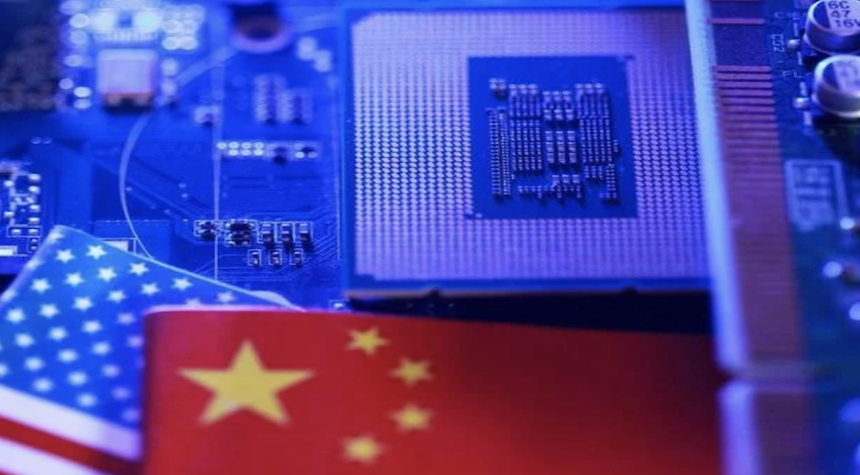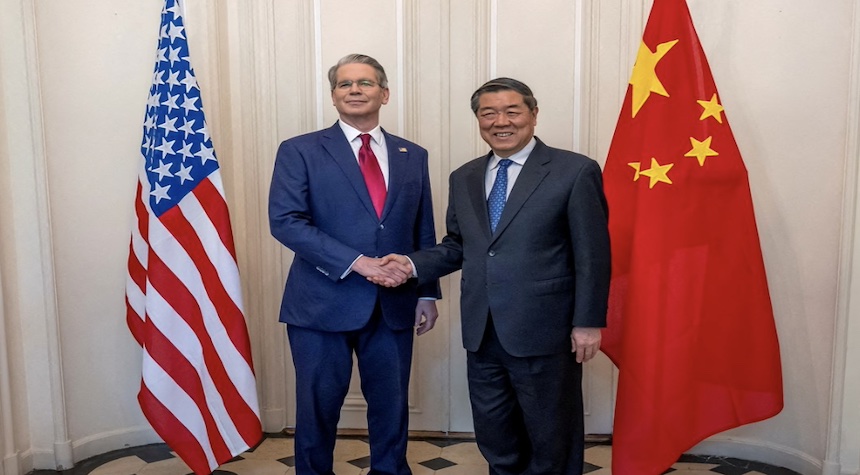U.S. and Chinese officials have convened today in Madrid, Spain, to address longstanding trade differences, a pressing divestiture deadline for Chinese video app TikTok, and the American government’s call for G7 and European allies to levy tariffs on China to deter its purchases of Russian oil.
This meeting marks the fourth time in as many months that U.S. Treasury Secretary Scott Bessent and U.S. Trade Representative Jamieson Greer have met with Chinese Vice Premier He Lifeng in European cities. The objective? To keep the strained U.S.-China trade relationship afloat amidst President Donald Trump’s tariffs.
The three officials, along with China’s top trade negotiator, Li Chenggang, had a previous meeting in Stockholm in July. An agreement was reached in principle to extend a trade truce for 90 days, which significantly reduced retaliatory tariffs on both sides and restarted the flow of rare-earth minerals from China to the United States. Trump has since approved the extension of current U.S. tariff rates on Chinese goods, totaling about 55%, until November 10.

The most probable outcome of the Madrid discussions is another deadline extension for the Chinese owner of the popular TikTok app, ByteDance, to divest its U.S. operations by September 17 or face a U.S. shutdown. However, trade experts note that there is little likelihood of a substantial breakthrough in these talks hosted by Spain’s Socialist Prime Minister Pedro Sanchez.
Wendy Cutler, a former USTR trade negotiator and head of the Asia Society Policy Institute in Washington, anticipates more significant “deliverables” to be reserved for a potential meeting between Trump and Chinese President Xi Jinping later this year. This potential meeting may include a final deal to alleviate U.S. national security concerns over TikTok, a lifting of restrictions on Chinese purchases of American soybeans, and reductions of fentanyl-related tariffs on Chinese goods.
Also Check Out: Trump Pledges Millions to Help Families Rebuild After Devastating Storms
Addressing core U.S. economic grievances about China, such as demands for China to shift its economic model toward more domestic consumption and less dependence on state-subsidized exports, might require years. As Cutler noted, “Frankly, I don’t think China is in any rush to do an agreement where they don’t get substantial concessions on export controls and lower tariffs, which are their key priorities.”

The Spanish government is seeking maximum exposure for the talks. The choice of Spain as the location for these vital negotiations signifies Madrid’s growing reputation as a seat of high-level and strategic discussions. This development follows earlier reports that Madrid has been seeking to host an international peace conference to resolve the Israel-Palestinian conflict.
The Spanish government aims to leverage these discussions to bolster its bilateral relations with the U.S. This intent comes after a series of tense engagements with the Trump administration over its criticism of Israel’s actions in Gaza, and its refusal to commit to spending 5% of its budget on defense, along with other NATO members.
A resolution to the ongoing U.S.-China trade tensions, the future of TikTok, and the issue of Chinese purchases of Russian oil are weighted topics on the table in Madrid.


